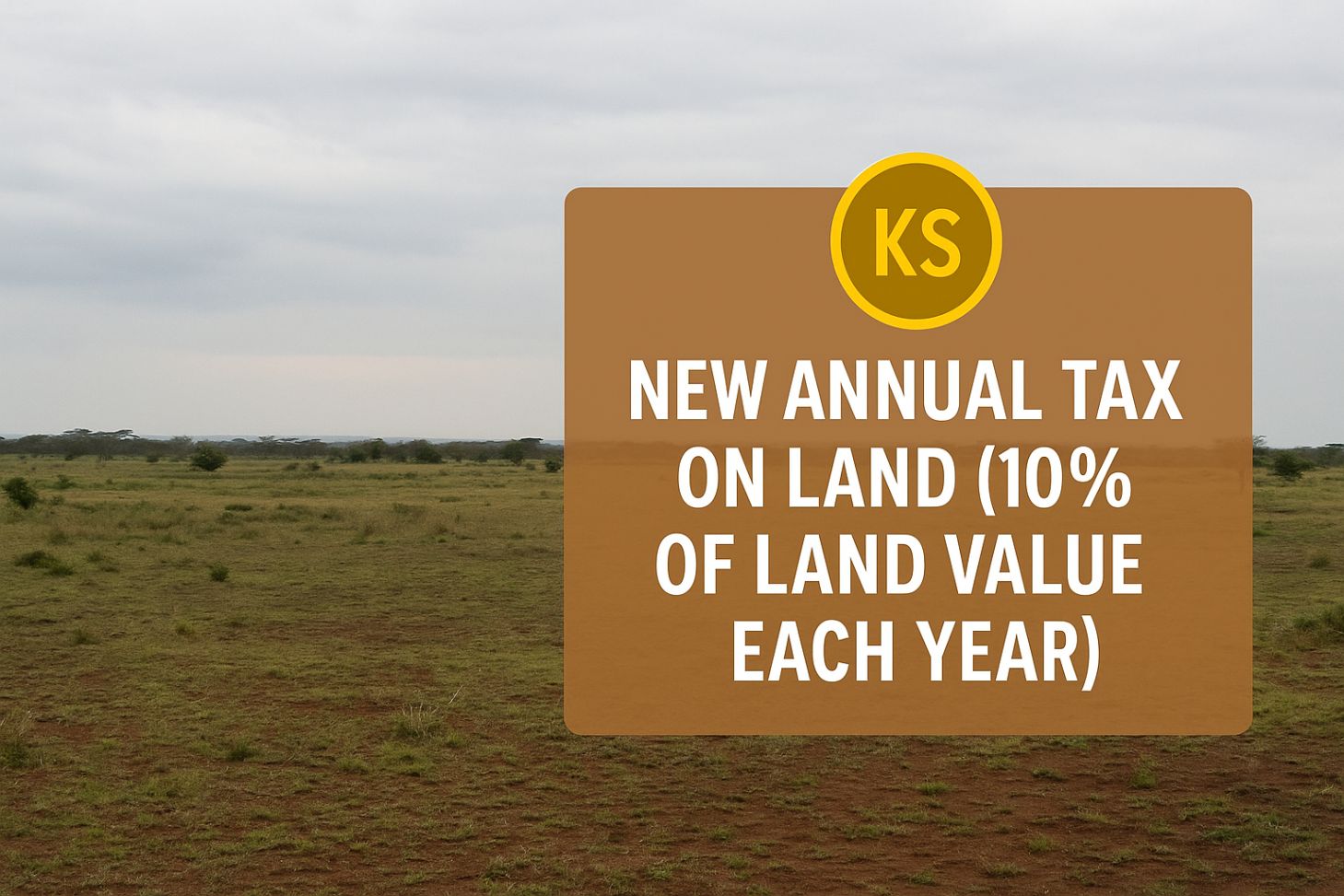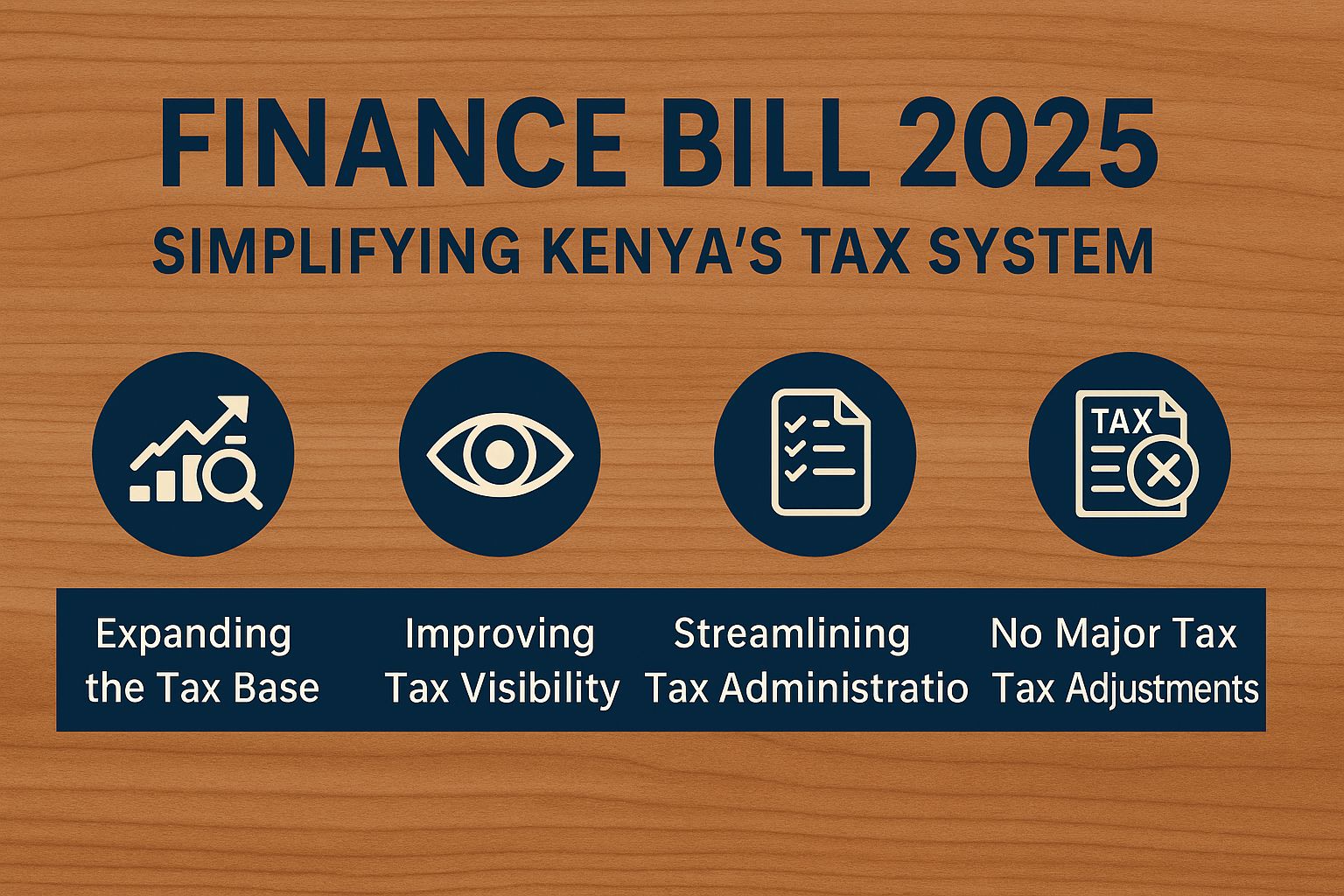The Finance Bill 2025 proposes a 10% annual tax on land value, which would affect land ownership. This is essentially an annual wealth tax on land ownership, applicable to both freehold and leasehold land.
At the moment, land has mostly been taxed through county rates or at the time of transactions. For example, you must pay 15% capital gains tax on any profit you make from the sale of land or property. However, you won't be paying national taxes on land if you just hold onto it year after year. To put it simply, the taxman wasn't particularly concerned about the value of your plot rising if you weren't selling. The new plan alters that by imposing an annual tax on ownership as opposed to just the sale.
These are the explanations as to why the government would take this measure;
Revenue needs
The government is looking into every possibility to raise money. A yearly land tax might generate a sizable amount of money, particularly from owners of pricey real estate or sizable land holdings that are not in use.
Reducing speculation
It may be intended to deter speculation and land hoarding. The ownership of idle land by affluent people or corporations has long been a problem in Kenya, for example, the ranges held by the wealthy in Laikipia. Instead of holding the land for price appreciation, an annual fee might encourage these owners to either sell it to someone who will buy it or put it to productive use.
Redistribution of wealth
Land value taxes are frequently viewed as a means of encouraging larger contributions from those who possess substantial assets. It can be a store of wealth, particularly in cities. By focusing on those who have a lot of assets, the tax could be framed as making the system more "equitable."
The good news is that this is still only a proposal and will not become law without your view on the Bill. Take initiative and make your voice heard for better tax reforms.




